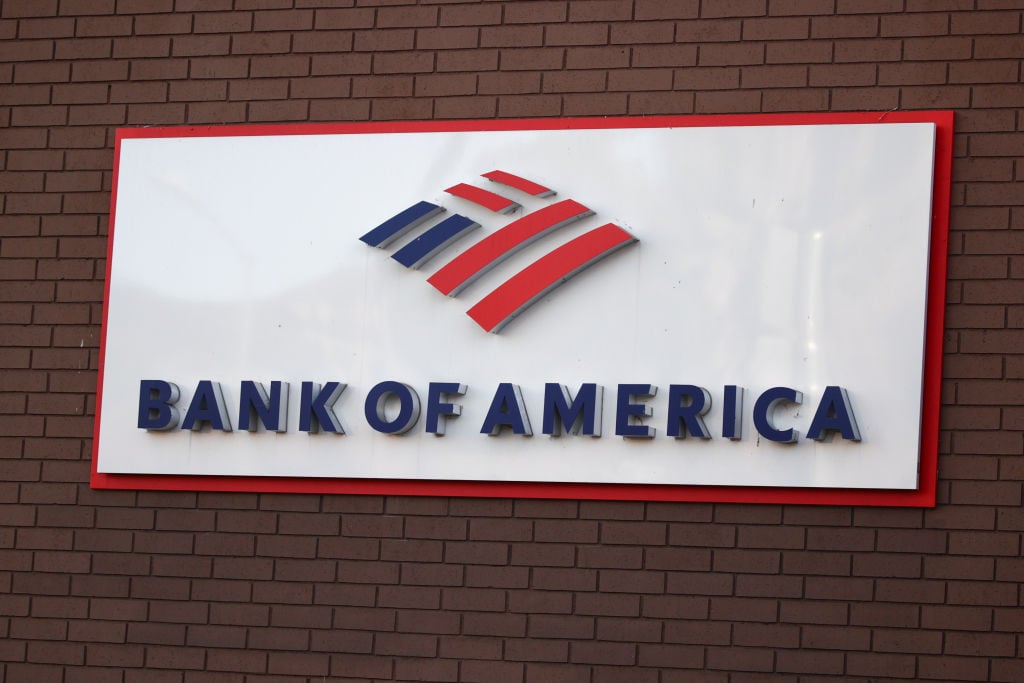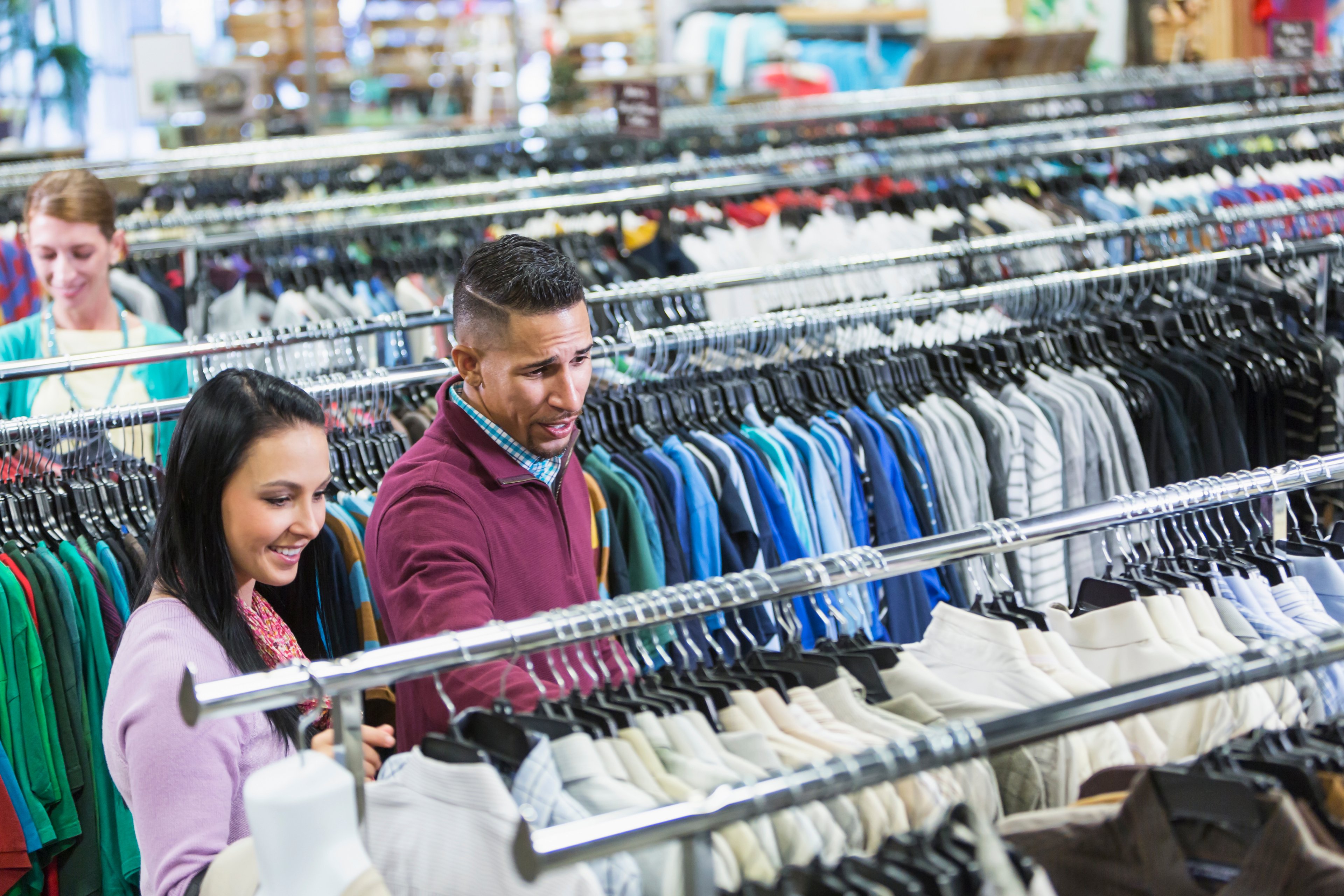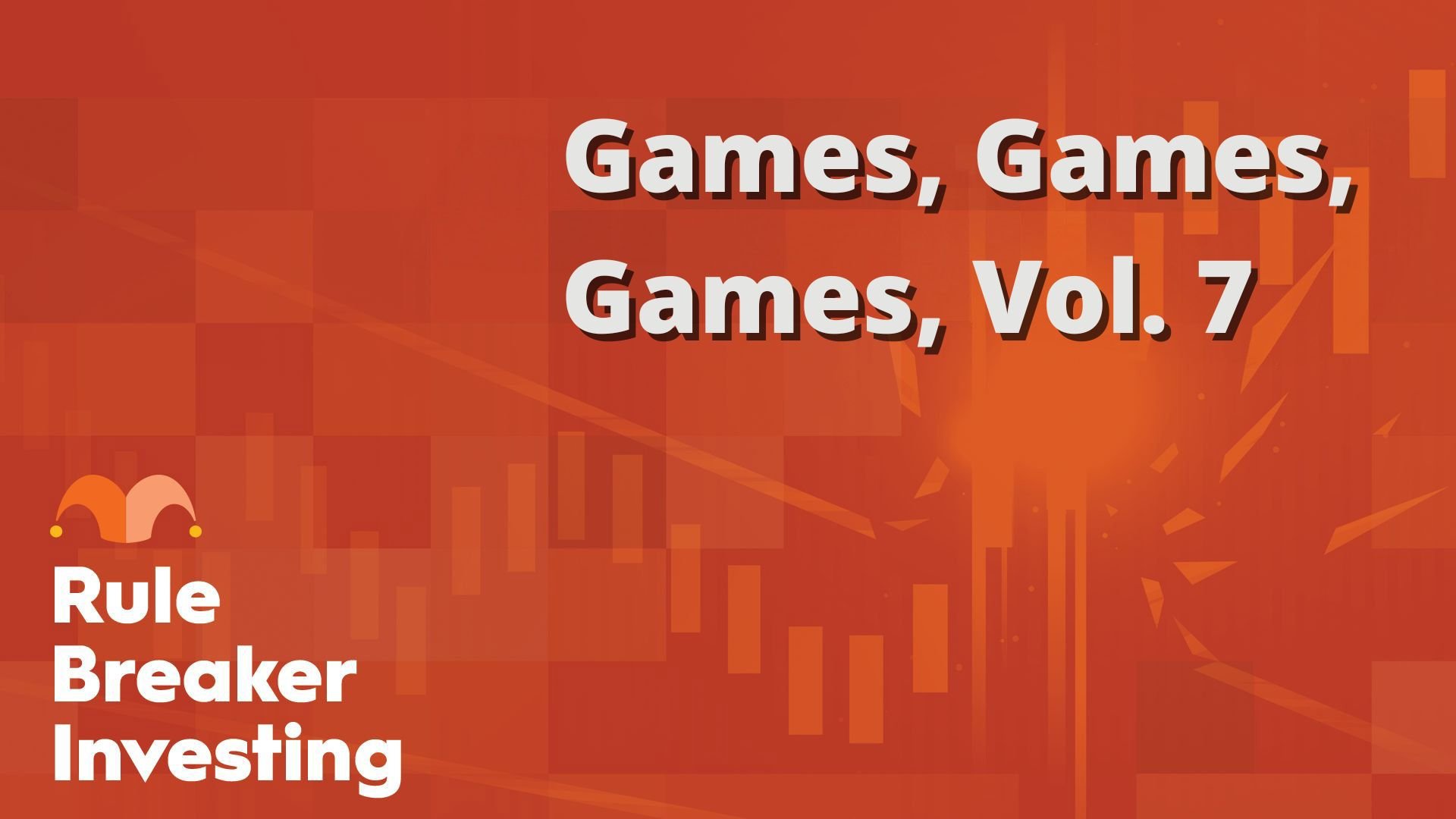Check out all our earnings call transcripts.
President Trump's third government shutdown is now the longest in U.S. history, and investors can't ignore the impact -- the $2.2 billion in lost wages alone from the first batch on missed paychecks is an absence of spending that will ripple through the economy. Meanwhile, China's economic data -- to the degree we can trust the numbers -- indicates that nation's growth is slowing, only in part because of the trade war.
In this segment of the Motley Fool Money podcast, host Chris Hill and senior analysts Andy Cross, Aaron Bush, and Ron Gross discuss some of the issues facing businesses and their shareholders in this environment, among them companies' inability to properly make plans, and the growing risks of exposure to the Chinese economy.
A full transcript follows the video.
This video was recorded on Jan. 11, 2019.
Chris Hill: The government shutdown is now three weeks long with no signs of an end in sight. We've got more evidence of an economic slowdown in China. Ron, obviously we are business-focused investors, but how should we be feeling about the big macro stuff these days?
Ron Gross: Oh, this furlough. It's a human story, but there are real economic implications here. Just the paychecks that are being forgone right now represent a loss of more than $2.2 billion in consumer spending. You have housing, transportation, food, healthcare, all getting hit. That will reverberate through the economy, for sure.
Hill: Andy, we're seeing more and more CEOs come out, maybe not as strongly as Fred Smith at FedEx did a couple of weeks back, but more and more CEOs coming out and talking about their ability to plan in 2019 getting harder and harder.
Andy Cross: I think it has to, when you start thinking about a government shutdown, the trade issues continue to be forefront for so many of the global companies, wondering what's going to happen with the trade issues. This uncertainty, CEOs and chief financial officers don't like planning because it's so difficult to do when they don't know what's going to happen even over the next few months. So, when you start thinking about where interest rates are going to go and all these uncertainties for them, they start saying, "Listen, we can't plan as aggressively as we would like to."
Aaron Bush: The largest uncertainty to me is less than the U.S. and more what's going on with China and the slowdown there. We saw Apple a week ago lower its guidance. That was a pretty big deal. But I think there's a chance that that might just be the first step of many. If you think about Nike, Starbucks, Tesla, all of these big consumer-branded companies that also operate in China, they could get hit, especially if a lot of those companies' growth stories are dependent on China in some way.
I don't think the news about GDP growth rates or any of that really is the biggest existential deal. But when you pair on trade tensions, even thinking about the story this morning in which another Huawei executive in Poland was detained, I can totally see how those pressures could escalate and how, at some point, China could retaliate even harder on companies operating in China.
Gross: We've also got some consumer price information this morning that shows inflation is not necessarily something to worry about right now, which may give the Feds some leeway here if they want to pull back on the tightening and let the economy go a little further, which, of course, Trump and others would love to see it. The pressure on the Fed chief is pretty significant.
Hill: To go back to one of the companies that you mentioned, Aaron, you look at Starbucks, on Friday, Goldman Sachs comes out with a downgrade of Starbucks, but it's basically tied to an economic slowdown in China. It really does seem like a time for investors to look at the stocks in their portfolio and ask the question, "How much exposure do we have in China here?" For the longest time, China has been the great opportunity for so many businesses. Now, it seems like the risk factor is a little higher, Andy.
Cross: Yeah, I think so, Chris. If you can look into your portfolio and look at the global exposure you have at the individual level to those companies, make sure you understand what that exposure is to your portfolio. I think, long-term, China continues to be such a massive economy and such a massive population that for so many consumer-branded companies like the ones Aaron mentioned, it's still an attractive market. But, certainly, these trade tensions and some of the macro slowdowns will impact that in the short-term.
Gross: On a macro level, China is so difficult to figure out. They're notorious for playing with the numbers. It's really hard to understand until you actually see someone like an Apple slowing their sales or purchases from suppliers. So, sometimes, we have to play catch-up rather than being able to look at the macro data.





